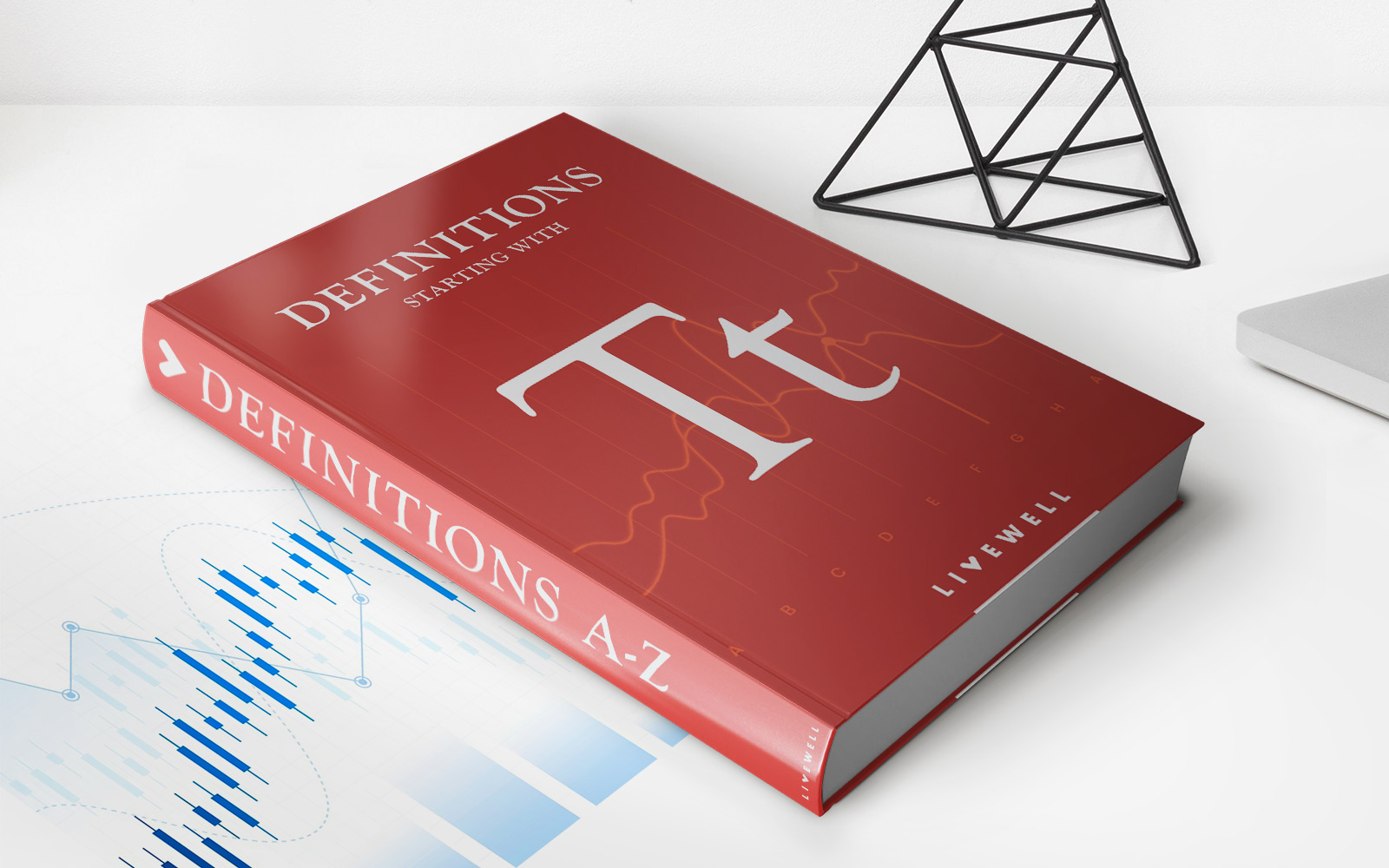Home>Finance>What Is USD (United States Dollar)? Definition, Uses, Importance


Finance
What Is USD (United States Dollar)? Definition, Uses, Importance
Published: February 14, 2024
Learn about the United States Dollar (USD) - its definition, uses, and importance in finance. Discover the significance of the USD in global economies.
(Many of the links in this article redirect to a specific reviewed product. Your purchase of these products through affiliate links helps to generate commission for LiveWell, at no extra cost. Learn more)
What Is USD (United States Dollar)? Definition, Uses, Importance
Welcome to our finance category! In today’s blog post, we are diving into the world of currencies to explore the United States Dollar (USD). Whether you’re a seasoned investor or just curious about global finances, understanding the USD is essential because it is the world’s most widely used currency. So, let’s explore what the USD is, its uses, and its importance in the financial landscape.
Key Takeaways:
- The USD is the official currency of the United States and is widely used internationally.
- It serves as a medium of exchange, a unit of account, and a store of value.
What is USD?
The USD, also known as the United States Dollar, is the official currency of the United States. Its symbol is “$,” and its currency code is USD. It is divided into cents, with the most common denominations being 1 cent (penny), 5 cents (nickel), 10 cents (dime), 25 cents (quarter), and various dollar bills.
Uses of USD:
- Domestic Use: Within the United States, the USD is widely accepted as a medium of exchange for goods and services. It is the only form of payment accepted for U.S. taxes, legal tender for debts, and is used extensively in daily transactions.
- International Currency: The USD’s importance extends beyond U.S. borders. It is the dominant reserve currency, used for settling international trade and the currency most widely accepted worldwide. Many countries peg their own currencies to the USD’s value.
- Investments and Trading: The USD plays a crucial role in global financial markets. It serves as the primary currency for trading in commodities such as oil, gold, and other precious metals. Additionally, many forex traders and investors use USD as a base currency for international transactions.
Importance of USD:
The USD’s importance in the financial landscape cannot be overstated. Here are some key reasons:
- Global Reserve Currency: The USD is the dominant reserve currency around the world. Central banks hold a significant portion of their foreign exchange reserves in USD, which helps stabilize international financial systems.
- Impact on Exchange Rates: As the most widely used currency, fluctuations in the USD’s value can influence exchange rates globally. Changes in the USD exchange rate can impact international trade, investment returns, and the competitiveness of countries.
- Financial Markets: The USD is at the center of global financial markets. It is involved in a wide range of transactions, including forex trading, stock exchanges, bond markets, and commodity trading. The stability and confidence associated with the USD make it a preferred choice for global financial activities.
Understanding and keeping track of the USD’s movements and trends is crucial for individuals, businesses, and governments alike. Being aware of how the USD impacts various aspects of the financial world can help shape informed decisions and strategies in today’s interconnected global economy.
In conclusion, the USD is the official currency of the United States and has a vital role both domestically and internationally. It serves as a medium of exchange, is widely accepted for trade, and holds significant importance in global financial markets. Being familiar with the USD can empower individuals to navigate the world of finance with greater understanding.














